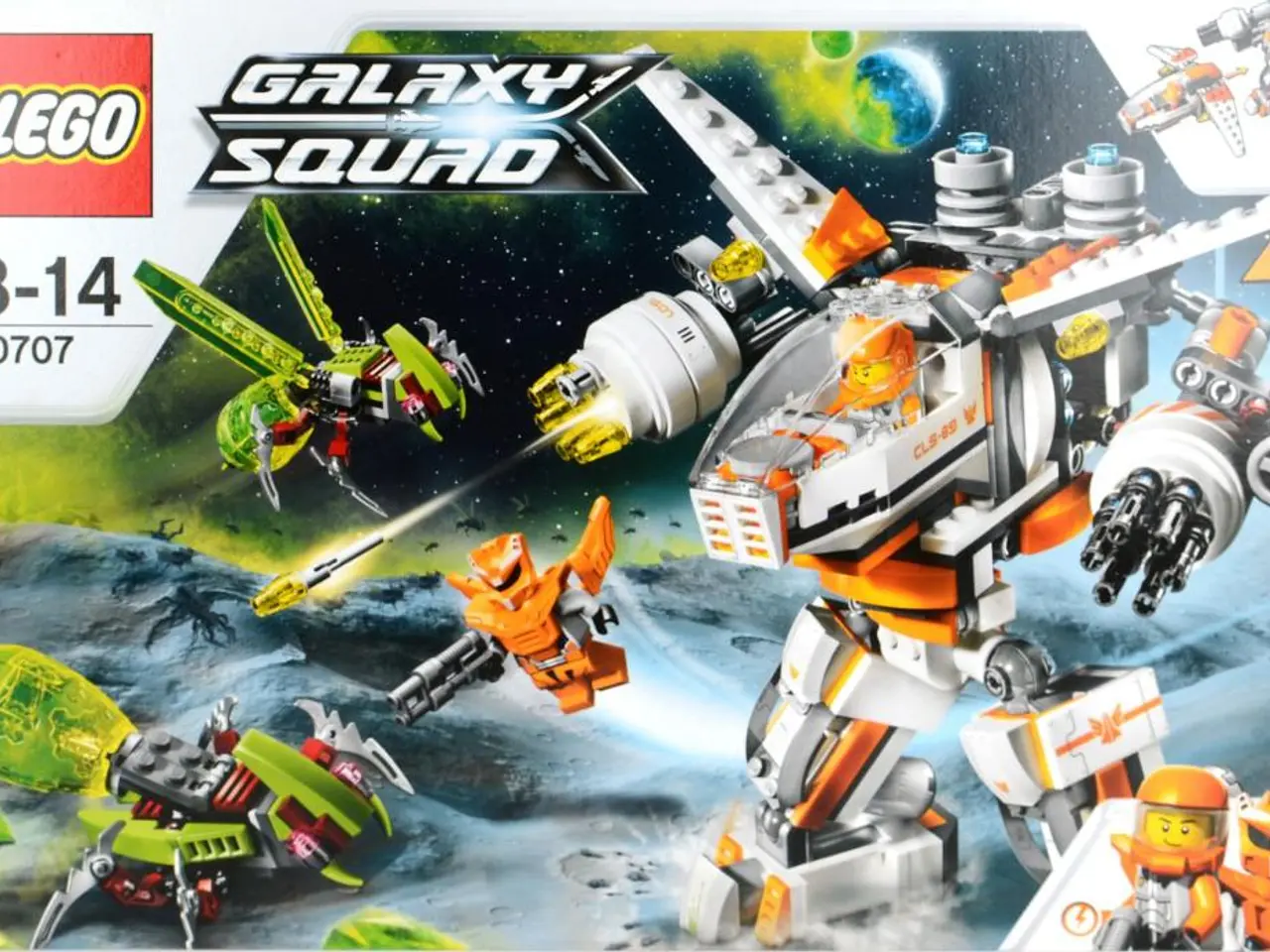AI-infused Humanities Course at UCLA employs textbook produced by artificial intelligence
AI-Generated Textbooks Enhance Learning in Comparative Literature at UCLA
In a groundbreaking move, the University of California, Los Angeles (UCLA) will be using an AI-generated textbook for a comparative literature class in 2025. This innovative approach, exemplified by the Kudu AI system, is set to integrate AI literacy directly into humanities education.
The AI-powered textbook, known as Kudu, was custom-made specifically for the comparative literature class, taking upwards of four months to produce. It incorporates content from Professor Zrinka Stahuljak's course notes, PowerPoint presentations, and YouTube videos. The textbook is accessible online, eliminating the need to carry a physical book.
Kudu offers a multidisciplinary approach to learning, where AI tools complement traditional literary analysis. It provides dynamic, customized materials that facilitate exploration of texts, themes, and contextual knowledge in ways that traditional textbooks might not. This enriches student learning experiences in complex literary studies.
The AI system in Kudu is designed to respond only based on course content and aims to assist students. It has no access to external information, ensuring the focus remains on the course material. Kudu also features a built-in chatbot for student questions.
The proliferation of one-time use codes for online course materials has been a source of frustration for students trying to save money. However, Kudu charges students a flat fee of $25 per semester to use the textbook.
The use of AI-generated textbooks is not limited to the comparative literature class. Kudu has already been deployed in an introductory history class on campus. The Vlogging Brothers, Hank and John Green, are featured in a video on Kudu's website demonstrating the tool.
The implementation of AI-generated textbooks is part of a wider educational trend to deploy AI as a tutor, content generator, and critical discussion catalyst. While evidence supports AI's potential to boost learning gains, it also emphasizes the need for human-centered implementation to avoid negative impacts on learning outcomes. Teacher training and ethical oversight are crucial in deploying AI-generated materials like those from Kudu.
Sources: - [1] Columbia Teachers College article on AI literacy and multidisciplinary curriculum integration, July 2025. - [2] Brookings Institution report on AI in education, July 2025. - [3] Corwin book on Teaching AI Literacy Across the Curriculum, July 2025.
By embracing AI-generated textbooks, UCLA is taking a significant step towards preparing students for the demands of 21st-century education. This innovative educational medium blends AI's capabilities with humanities pedagogy, enhancing students' critical thinking, interdisciplinary AI literacy, and learning experiences.
- UCLA's comparative literature class in 2025 will utilize an AI-generated textbook named Kudu, integrating technology and artificial-intelligence into education-and-self-development.
- Kudu, a custom-made textbook for UCLA, was produced in four months and consists of content from Professor Zrinka Stahuljak's course materials, combining tech and learning.
- The AI-powered Kudu textbook offers a multidisciplinary approach to learning, strengthening students' learning experiences in comparative literature and artificial-intelligence.
- The use of Kudu requires a flat fee of $25 per semester, making online-education more accessible as compared to traditional textbooks.
- The implementation of AI-generated textbooks, such as Kudu, emphasizes the need for human-centered approach to ensure positive learning outcomes in the realm of technology and future education.




